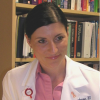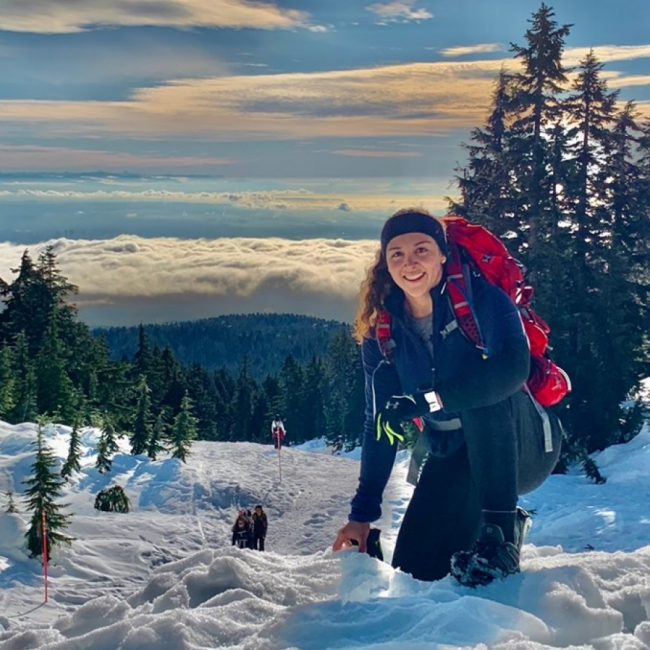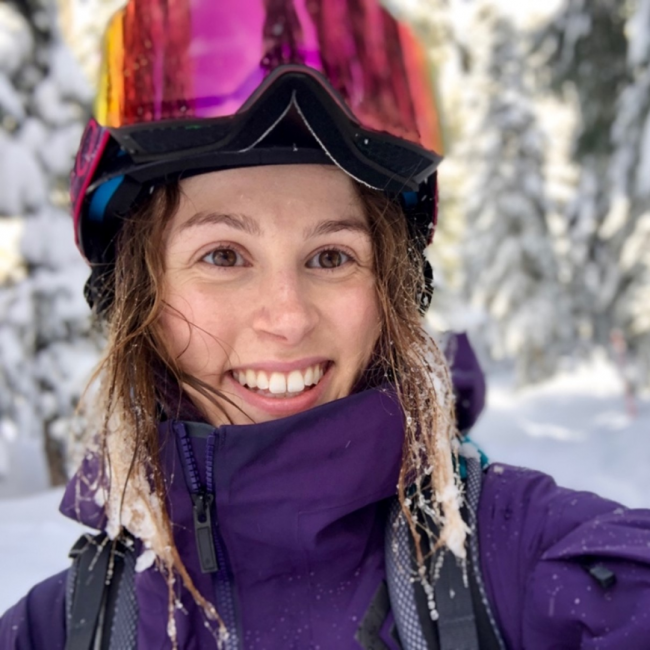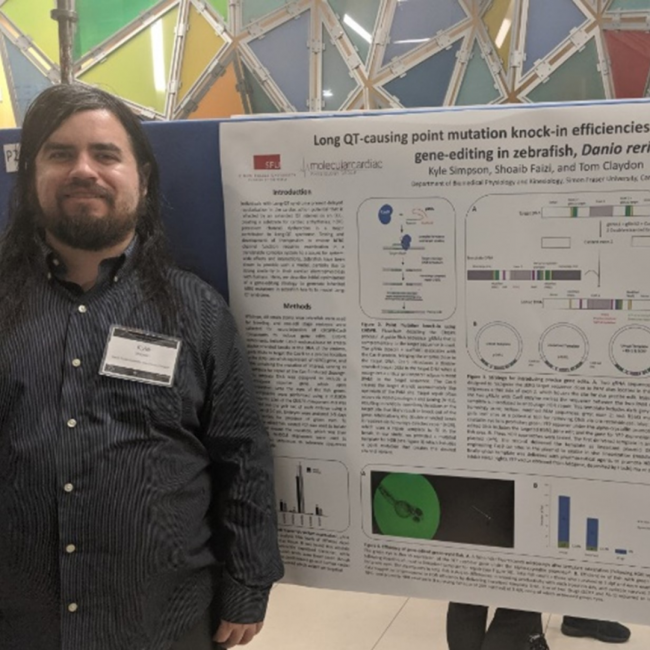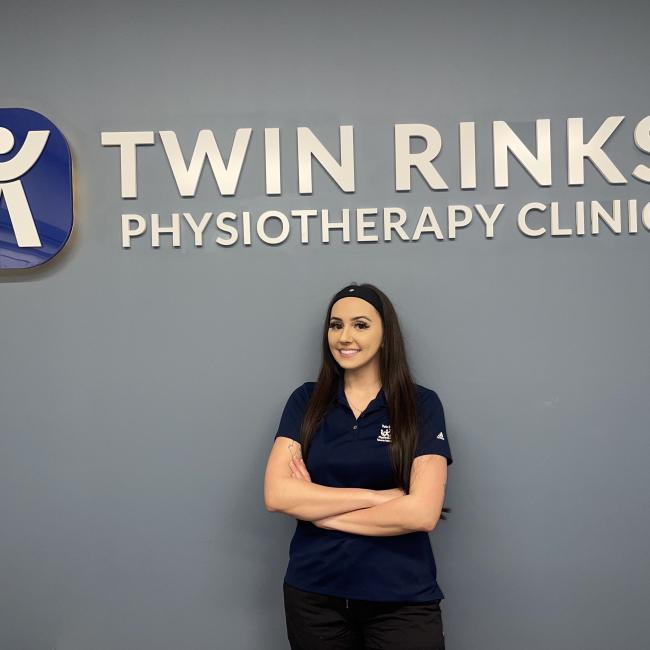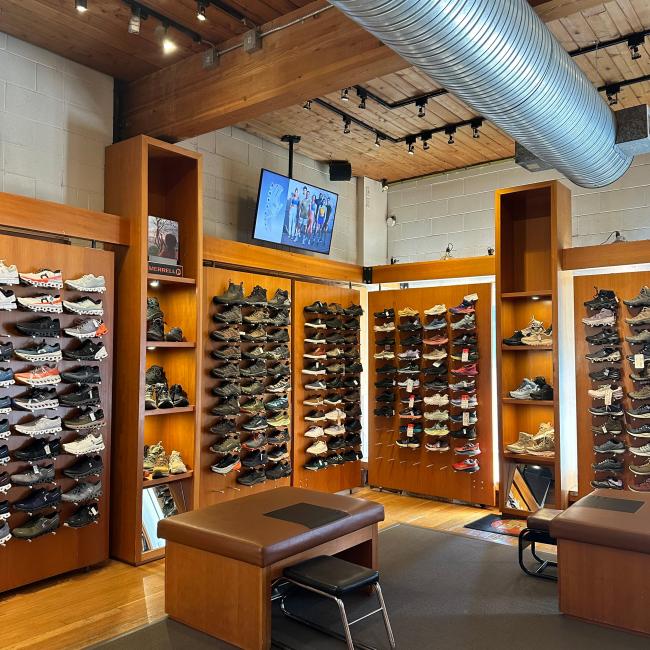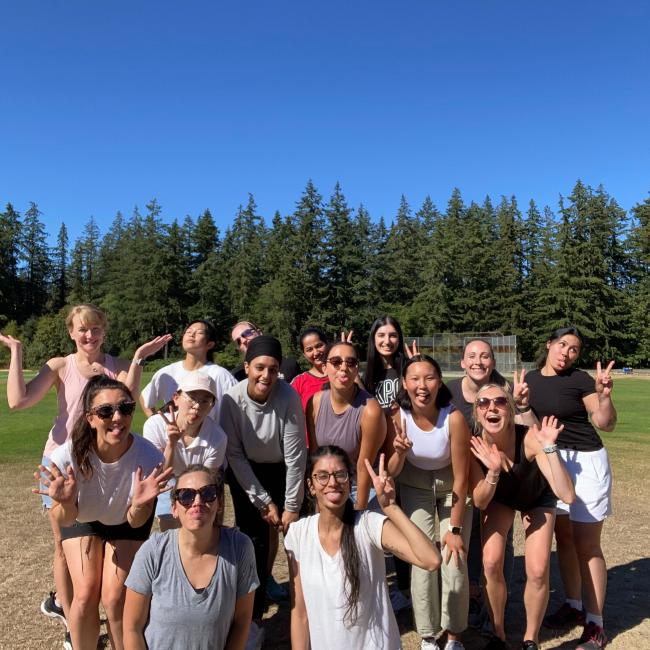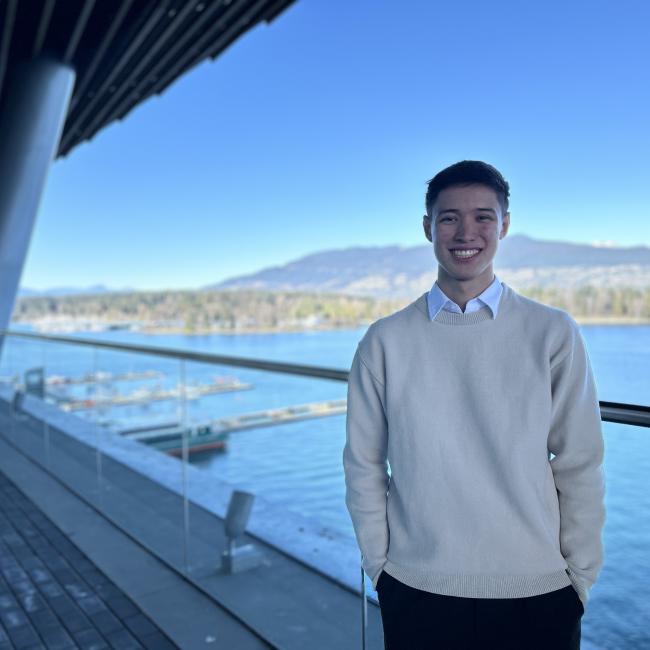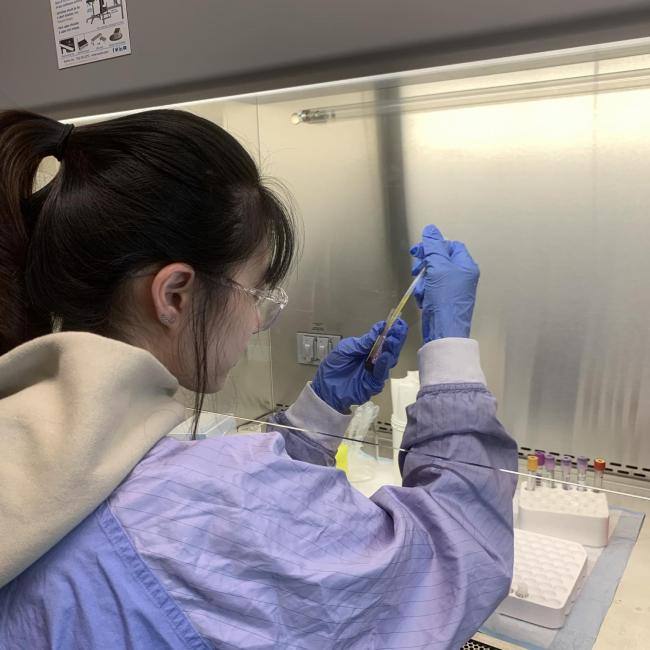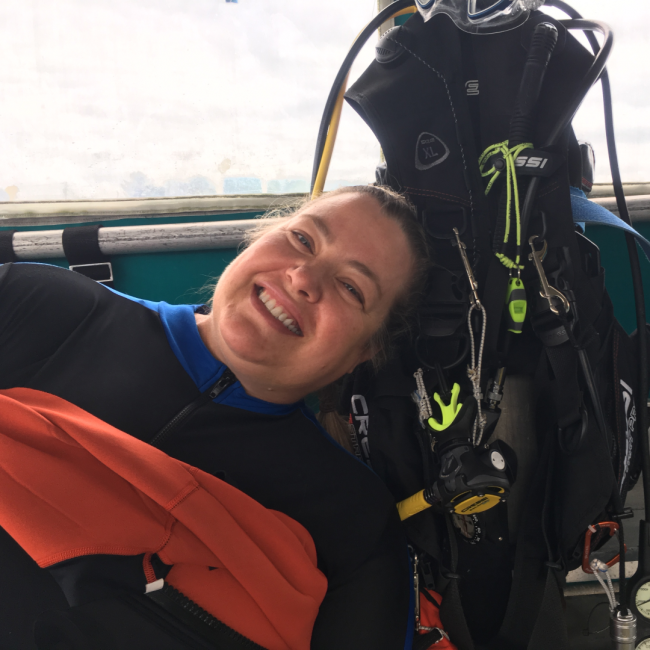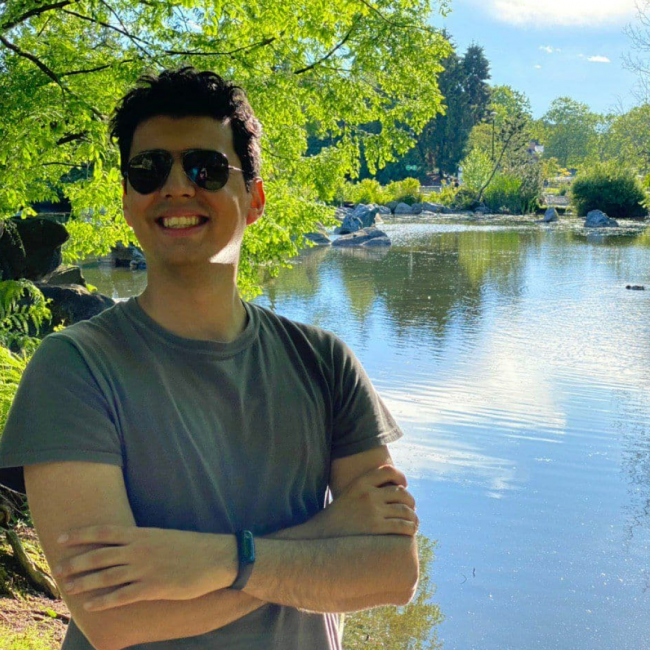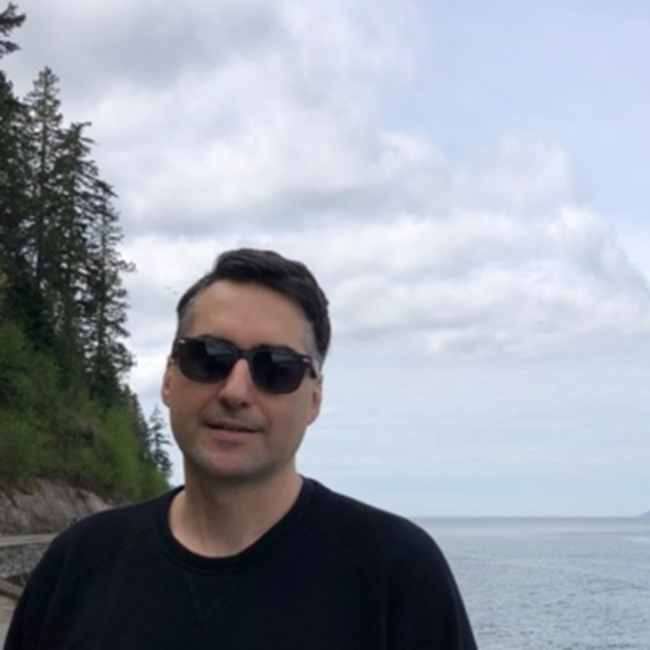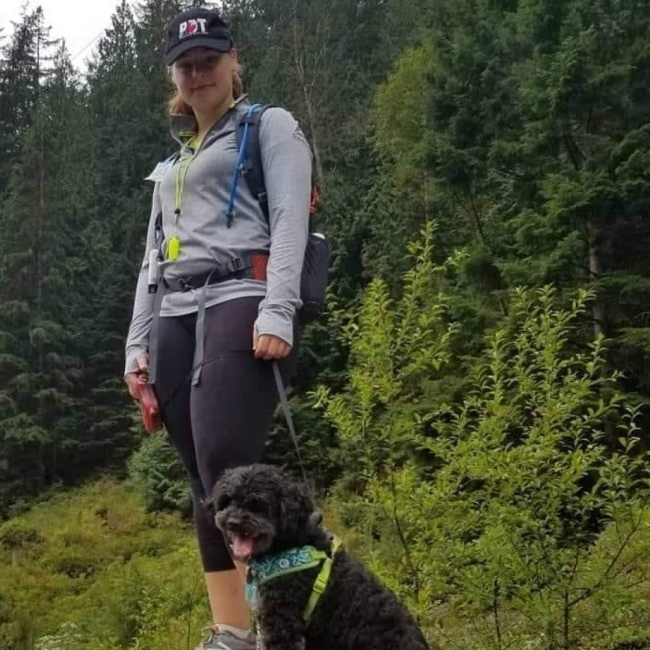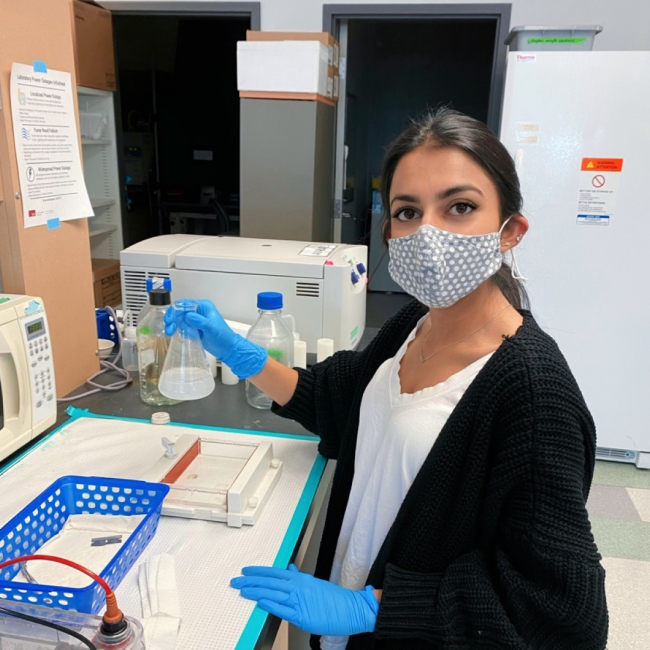Dr. Anderson is a Naturopathic Doctor and currently serves as the National Director of Naturopathic Medicine for Cancer Treatment Centers of America (CTCA) and also as a site Director of Naturopathic Medicine at CTCA’s Southwestern Regional Medical Center in Tulsa, OK. She is a graduate of Simon Fraser University and received her naturopathic medical training from the Canadian College of Naturopathic Medicine in Toronto. Additionally, Dr. Anderson completed a naturopathic medicine residency at CTCA and is board certified in Naturopathic Oncology. As Director of Naturopathic Medicine, Dr. Anderson provides clinical oversight to both naturopathic doctors and acupuncturists. She collaborates with medical and radiation oncologists, surgeons, nurses, dieticians, physical therapists, social workers, and other medical personnel, to provide individualized, integrative care for oncology patients. She has over 10 years of experience working in an integrated hospital environment.
Her professional healthcare experience and involvement in community programs demonstrates her personal commitment to patient care and education. She has a special interest in lean training and six sigma design within the healthcare setting.
QUESTIONS:
Why did you choose to go to SFU?
I grew up in Nanaimo, B.C. where I had a mathematics teacher at Vancouver Island University, Dr. Dave Bigelow, who played a large role in developing my interest in mathematics and essentially introduced me to SFU. I wanted to stay within British Columbia to complete my degree and had heard SFU had an exceptional co-operative education program and was highly ranked in the study of mathematics and kinesiology. I wanted to live on campus, enjoy the outdoors and be part of a community for the next few years. SFU offered all of that!
Who was your favorite SFU professor and why?
Dr. Norman Riley who taught my linear algebra class; a kinesiology teacher’s assistant Tim Hartley, who got me involved in the SFU Triathlon Club. From an academic perspective there were a lot of influential people, but Dr. Riley really stands out as someone who left an impression on me and furthered my interests in the area of mathematics. He was a kind and talented man with a distinctive passion for meeting his students where they were at and helping them learn. He made learning mathematics very enjoyable and fun!
Where did you spend the most amount of time on campus?
Much of my time was spent in the residence areas since I worked as a Residency Area Coordinator and helped with mail delivery as part of my job. I also frequented the atrium, mathematics lounge and library. After classes I liked to de-stress by running the mountain trails.
Do you have a favourite snow memory?
I grew up on the west coast so I was familiar with the rainy, dreary weather. My fondest memories are biking with my backpack en route to get groceries, and just being drenched, soaking wet and then having to climb that massive hill to get back home through a thick layer of fog and thinking “if I don’t get hit by a car or drowned by the rain, I might actually be able to get home with these groceries." It’s ironic now because I live in Oklahoma, the flattest state in the US, but I have really fond memories of being active and resourceful despite the weather conditions at SFU.
How have you used your SFU degree in your career?
I use Mathematics daily in my work particularly as it relates to business economics (productivity, expense management, results measurement, and efficiency) and research (statistics). Kinesiology was a great background for the study of medicine and specifically cancer care (oncology). Currently, I’m completing my MBA, of which economics and finance are core components, so Math is a large part of that program. I enjoy volunteer work and currently sit on the Tulsa Science, Technology, Engineering and Mathematics (STEM) Advisory Council where I help to inspire youth to learn about science and enter science related careers.
What is the one thing SFU students should do before they graduate?
SFU was known as a commuter university when I attended so there was a tendency to drive up for classes and then leave the campus. There was a lot you’d miss if that’s all you did. I would recommend students become part of the SFU community and culture. I enjoyed living on campus and having an active student leadership role, and I think that made my experience so much richer. Students should consider volunteer opportunities as a way to give back and actively take part in their community. Whether you live on campus or not- engage and create relationships, make the most of your time there and definitely bike up the mountain!
If you could give advice to students what would you tell them?
The co-operative education program gives you an idea of the real world while completing your academic degree. As much as you are prepared with academic knowledge, many of the skills needed to be successful in a career are about learning to get along with people and learning how to apply your knowledge. This is something that the co-op program does really well. I completed computer science related co-op assignments and they helped me realize I’m not suited for a sedentary job primarily working with computers. As an active person who enjoys social interaction I needed this as a part of my work. I wouldn’t have known that if I didn’t have exposure to the working environment and would have just continued with the track of academic success.
What is your vision for the Faculty of Science for the next 50 years?
Drive research and ensure it reaches a broader audience via technological advancements. Increase community outreach- establish local and global goals, to provide education to other places that don’t have the infrastructure. SFU has phenomenal teachers in the Faculty of Science and with innovative teaching and technology you can share it with the world.
Academia can become siloed if only hiring professors that have remained in an academic setting their entire career or do not have outside networks. It is important to have a good mix of experience and different types of people. SFU would benefit culling from industry to ensure they’re attracting and retaining professors that are prominent in their area of specialty. In so doing, student graduates will be well-equipped for the working world.
This post was originally posted on the SFU BPK Alumni Page.









